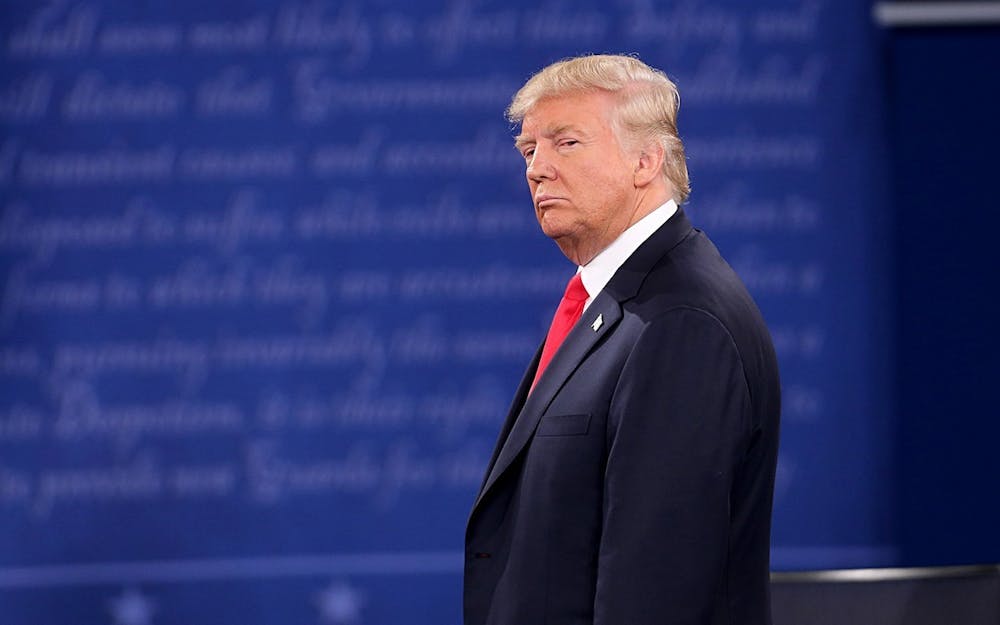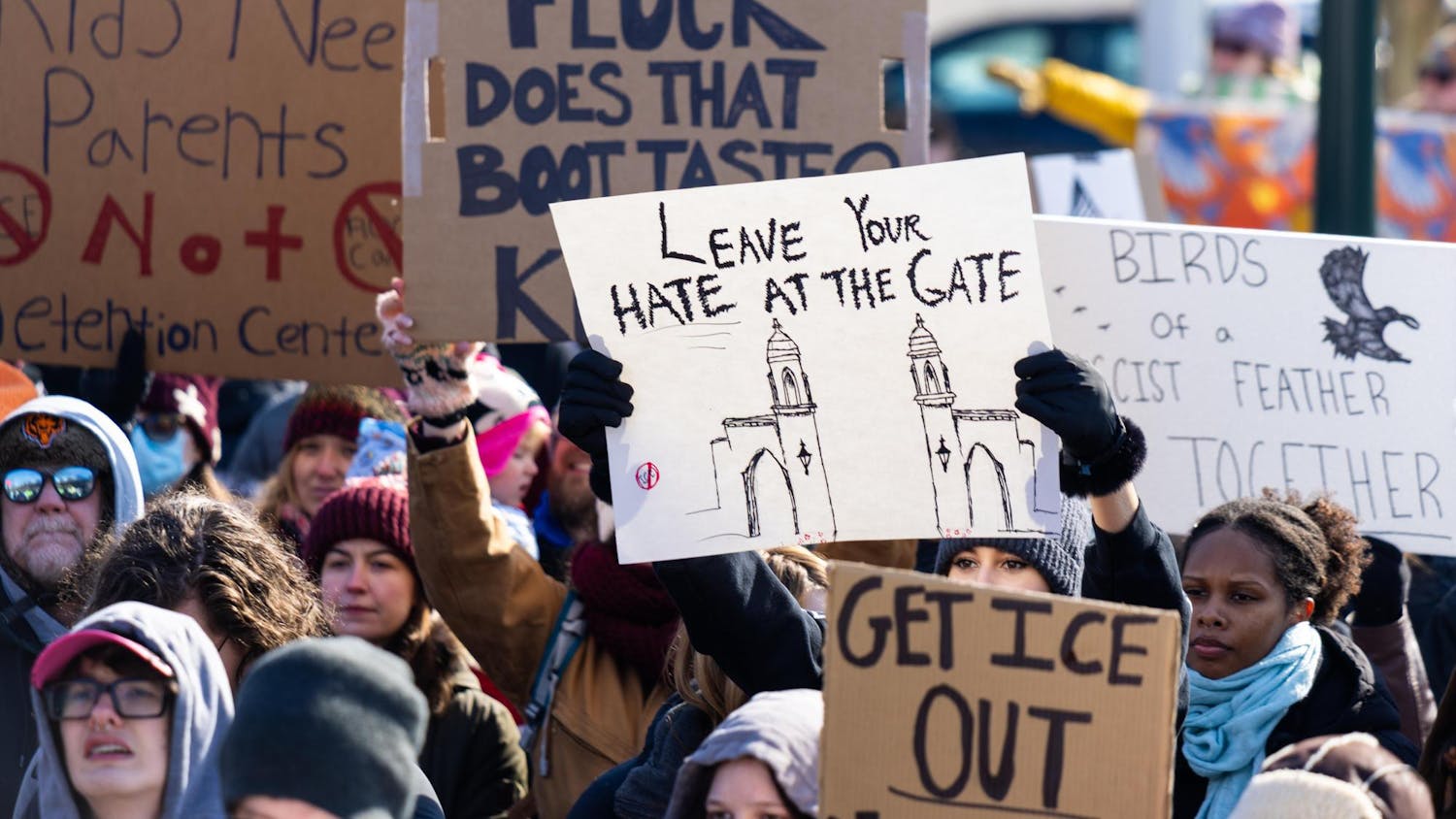Amid the seemingly never-ending void of unknowingness felt while awaiting the 2020 election results, my social media feed was crowded with various political disputes between President Donald Trump’s supporters and President-elect Joe Biden’s supporters. Debated amongst my followers was the concept of respecting the dichotomy of opinions held during one of the most divisive elections in our nation’s history. One viewpoint held, no matter the political opinion, mature politics constitutes a mutual respect for that opinion, or unity. The opposition asserts that human rights issues do not mandate mutual respect, nor constitute unity.
I disagree with both sides.
Modern capitalistic societies must consider the dichotomy of power relations contained in political and economic spaces. Workers, the bottom of the hierarchy, are dehumanized, hired and fired with little thought by their higher-ups. Today, neoliberalism is an economic system where a “free market” is extended to all realms, public and personal, intertwining human rights abuses into the fabric of every debate.
Neoliberalism’s pledge to capitalism disguises the discrimination hidden in the foundations of issues such as tax reform, infrastructure and the legalization of weed. The hierarchy of the economic space seeps into the political space, plaguing it with capitalistic greed. The neoliberalist notion that only blatant human rights abuses constitute the right to animosity is a grave naivety.
No, I do not need to respect your opinion, no matter the circumstance.
Ben Shapiro, an American conservative political commentator, said, “When someone slanders you because you happen to disagree with them about global warming or the government shutdown, that’s bullying.” The immense naivety present in Shapiro’s statement is not only due to his blatant racism and classism, but additionally, I argue, is due to the rise of neoliberalism's love for capitalistic inequality and greed.
Although current political issues like climate reform do not highlight aspects of human rights abuses on the surface level, human rights violations bleed into the foundation of every issue. For example, some disagree on pollution regulation in the United States. The continuance of pollution, such as burning fossil fuels, permits individuals a mode of easy transportation to work and provides jobs, while regulation on pollution promotes cleaner air. With a closer look, injustice is evident. A 2016 study by the National Center of Environmental Assessment found that people of color are much more likely to live near polluters and breathe polluted air. Additionally, another study on a certain pollutant carcinogen found that long-term exposure to this pollutant was associated with racial segregation.
If climate justice is associated with racial justice, then why are individuals who disagree “bullies,” according to Shapiro? This point of view is due to the incorporation of the economic hierarchy into the neoliberal version of political equality.
The fossil fuel industry profits on pollutants, such as coal, natural gas and oil. Where $630 billion was invested into low-carbon energy, $1.2 trillion was invested into fossil fuels in 2018. The billions of dollars of profit made by fossil fuel corporations are invested into fossil fuel extraction, rather than investing in clean energy reforms that those most affected by climate change need.
We cannot disagree on climate reform. There is severe ignorance in denying the hierarchical structure, dominated by the rich, in exacerbating climate change.
Additionally, neoliberal ideology is utilized in a recent IDS article, calling for unity amongst political parties by praising Trump. The article states that many individuals believe Trump to be racist, homophobic or sexist due to varying viewpoints on policy, but this criticism is to be ignored because, according to the author, he is attempting to create a better America. The author displays Trump’s “desire to help the people” by arguing factors such as Trump’s net worth decreasing after assuming his role as president, and Trump leaving the profitable business world.
Although neoliberalism was present before the Trump administration, Trump exacerbated its influence. Trump is the epitome of the unforgiving boss at the top of the hierarchy, while the United States citizens are the laborers subject to his lack of compassion. Exemplified through his careless hiring and firing, adherence to economic reopening strategies amidst the COVID-19 pandemic and his condemnation of protestors fighting for racial injustice, Trump does not hold a “desire to help the people.” Trump did not leave the hierarchical business world, he brought the hierarchy to the United States government.
In a society engulfed with neoliberalism, human rights abuses can be found in any political debate. Blatant human rights abuses, such as racism and homophobia, are even found under the surface level of mundane economic debates, such as tax policy.
Under the surface lies injustice. Do not expect me to respect your opinion if you were too ignorant to find it.
Russ Hensley (he/him) is a sophomore studying mathematics, political science and international law. He is a curator for TEDxIndianaUniversity, a member of IU Student Government and a member of the Hutton Honors College.






